Europe, with its diverse culture, rich history, captivating landscapes, and delicious cuisine, is a destination worth exploring. But before you pack your bags and set your heart on this majestic continent, there's a little groundwork to do. Here are 20 crucial tips to ensure your European journey is nothing short of unforgettable.
1. Research Visa Requirements
Before you start planning your trip in detail, it's crucial to understand the visa requirements of the countries you plan to visit. Europe, particularly the Schengen Area, has specific rules regarding tourist visas. Some nationalities can travel visa-free, while others need to apply in advance. Ensure you have all the necessary documentation and understand the duration of stay allowed.
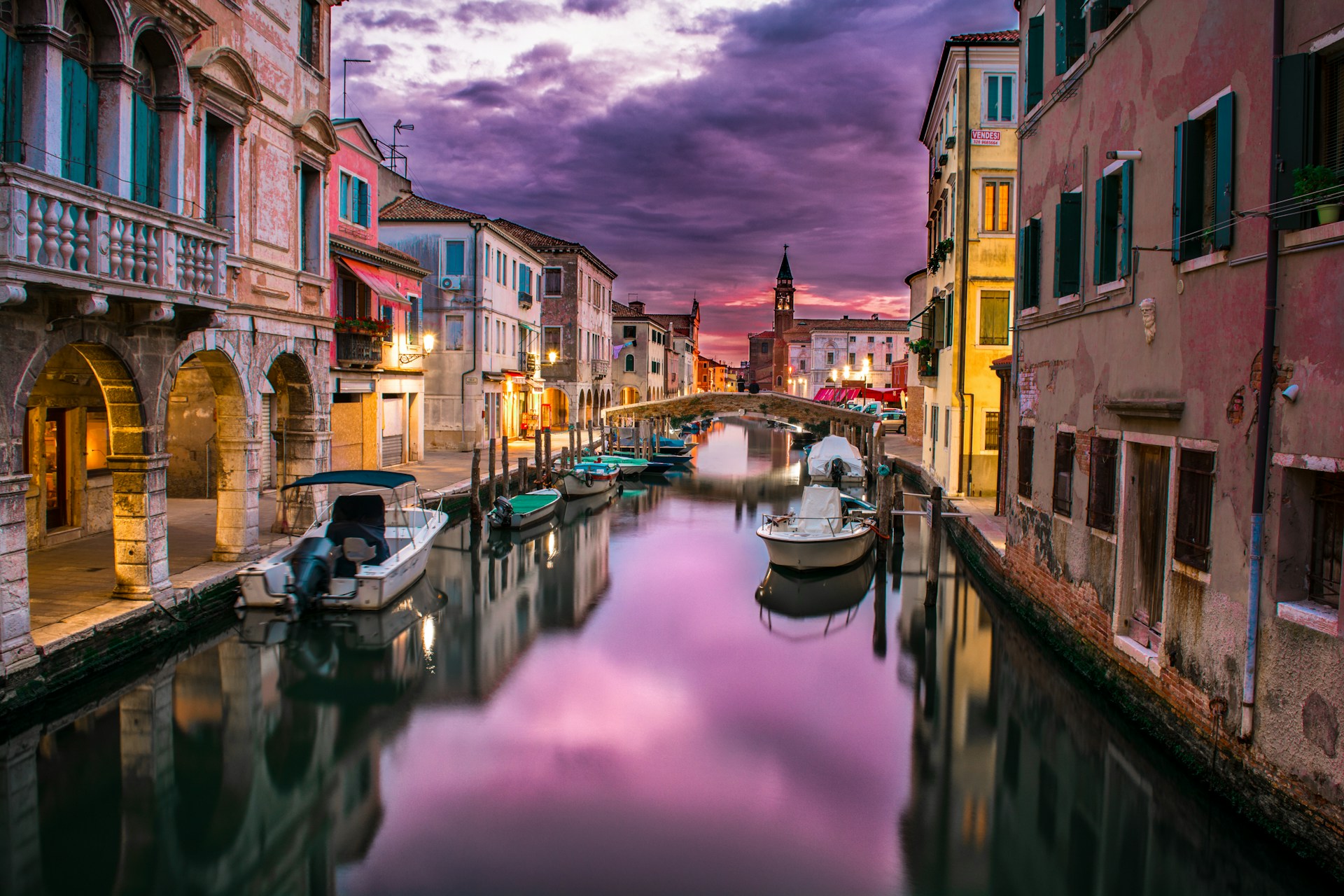 Photo by Federico Beccari on Unsplash
Photo by Federico Beccari on Unsplash
2. Prioritize Destinations
Europe is vast and diverse, and it's easy to be overwhelmed by the number of beautiful cities and sights. To maximize your experience, list out your must-visit spots and plan an itinerary around them. This ensures you don't spread yourself too thin and can fully immerse yourself in a few places rather than rushing through many.
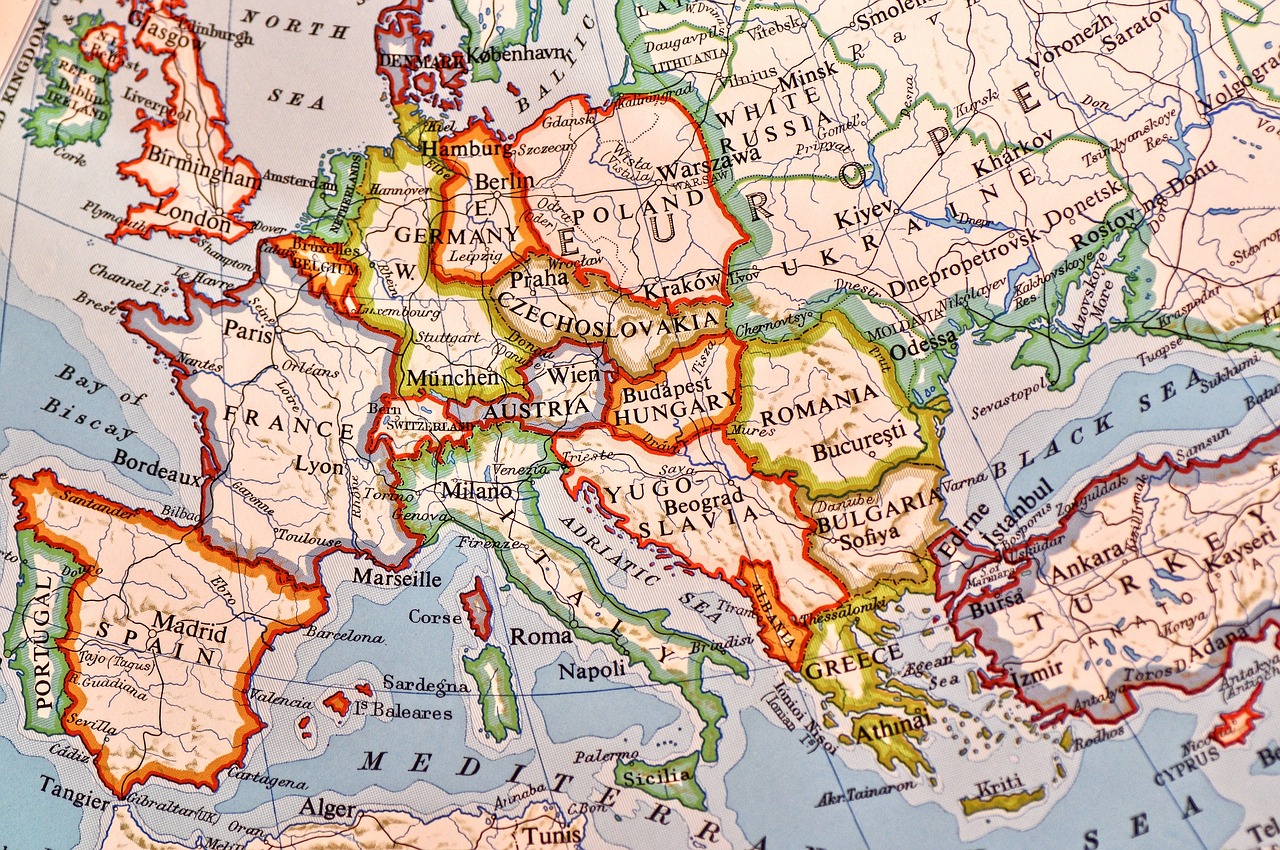 Image by 👀 Mabel Amber, who will one day from Pixabay
Image by 👀 Mabel Amber, who will one day from Pixabay
3. Use the Rail Network
Europe's rail system is extensive, efficient, and often more scenic than flying. Consider purchasing a Eurail pass if you're visiting multiple countries. It offers flexibility and can be cost-effective. Trains also allow you to view the stunning European countryside, making the journey as memorable as the destination.
 Image by David Mark from Pixabay
Image by David Mark from Pixabay
4. Pack Light and Versatile
European streets, especially in historic cities, can be cobbled and challenging for heavy luggage. Packing light ensures mobility. Prioritize versatile clothing, which can be layered, mixed, and matched.
Remember, laundry facilities are often readily available.
5. Learn Basic Local Phrases
While many Europeans speak English, especially in tourist areas, learning a few basic phrases in the local language can greatly enhance your experience. Simple words like "please," "thank you," and "hello" show respect for the local culture and are often appreciated. Plus, attempting the language can lead to memorable interactions.
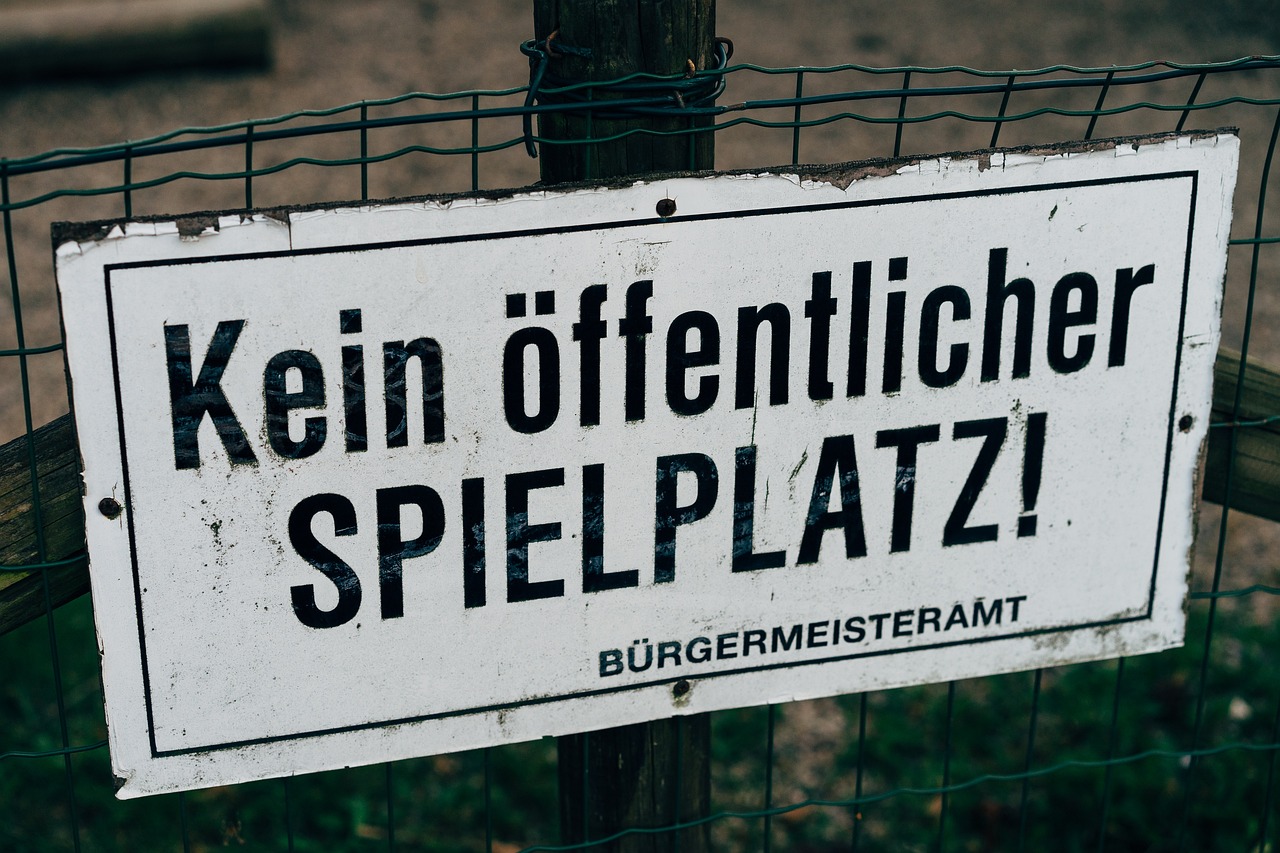 Image by Markus Winkler from Pixabay
Image by Markus Winkler from Pixabay
6. Get Travel Insurance
Travel insurance is crucial. It covers unforeseen circumstances like medical emergencies, trip cancellations, and lost luggage. European healthcare is excellent, but without insurance, it can be costly for tourists. Always read the policy details to ensure you're adequately covered.
 Image by Steve Buissinne from Pixabay
Image by Steve Buissinne from Pixabay
7. Stay Connected Smartly
Roaming charges can be exorbitant. Consider purchasing a local SIM card or a European SIM if you're traveling through multiple countries. Alternatively, many places offer free Wi-Fi, so apps like WhatsApp or Skype can be handy for calls and texts. Always remember to alert your bank of your travels to avoid blocked transactions.
 Image by Thomas Ulrich from Pixabay
Image by Thomas Ulrich from Pixabay
8. Respect Local Customs
Europe consists of many cultures, each with its own set of traditions and etiquettes. Do some research on local customs, especially around tipping, greetings, and dress codes. Being respectful of these norms will enhance your interactions with locals and enrich your travel experience.
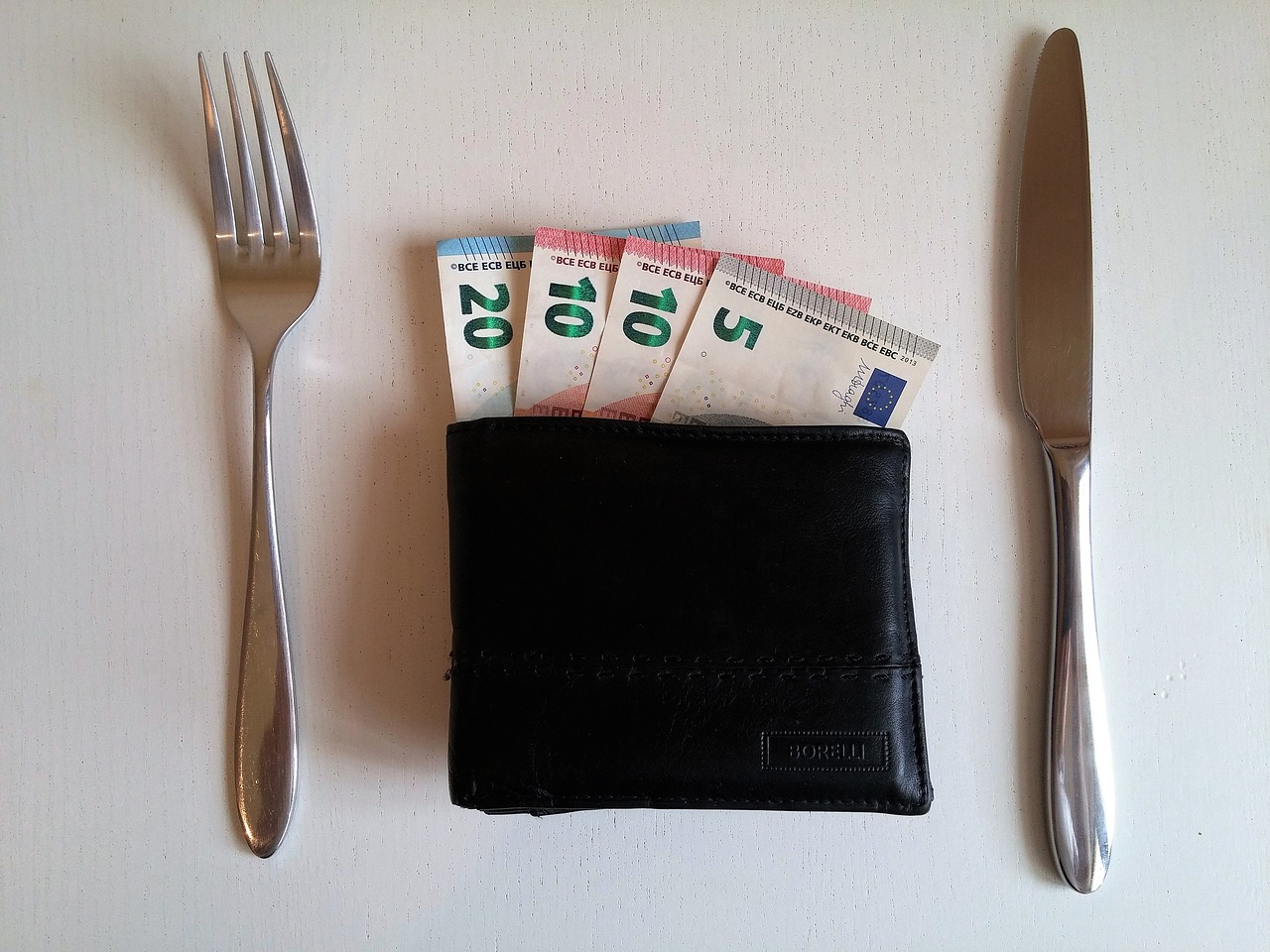 Image by Peter Stanic from Pixabay
Image by Peter Stanic from Pixabay
9. Budget Wisely
Europe can be expensive, but there are ways to manage your expenses. Opt for local eateries over touristy restaurants, consider staying in hostels or budget hotels, and take advantage of free walking tours. Keep an eye out for city tourism cards, which often provide discounts on attractions and public transport.
 Image by martaposemuckel from Pixabay
Image by martaposemuckel from Pixabay
10. Prioritize Safety
Like any tourist destination, Europe has areas that are safer than others. Always be aware of your surroundings, especially in crowded areas where pickpocketing is common. Keep copies of essential documents, don't flash valuables, and always let someone know your plans for the day. Always make sure to let a loved one know where you are and where you are going.
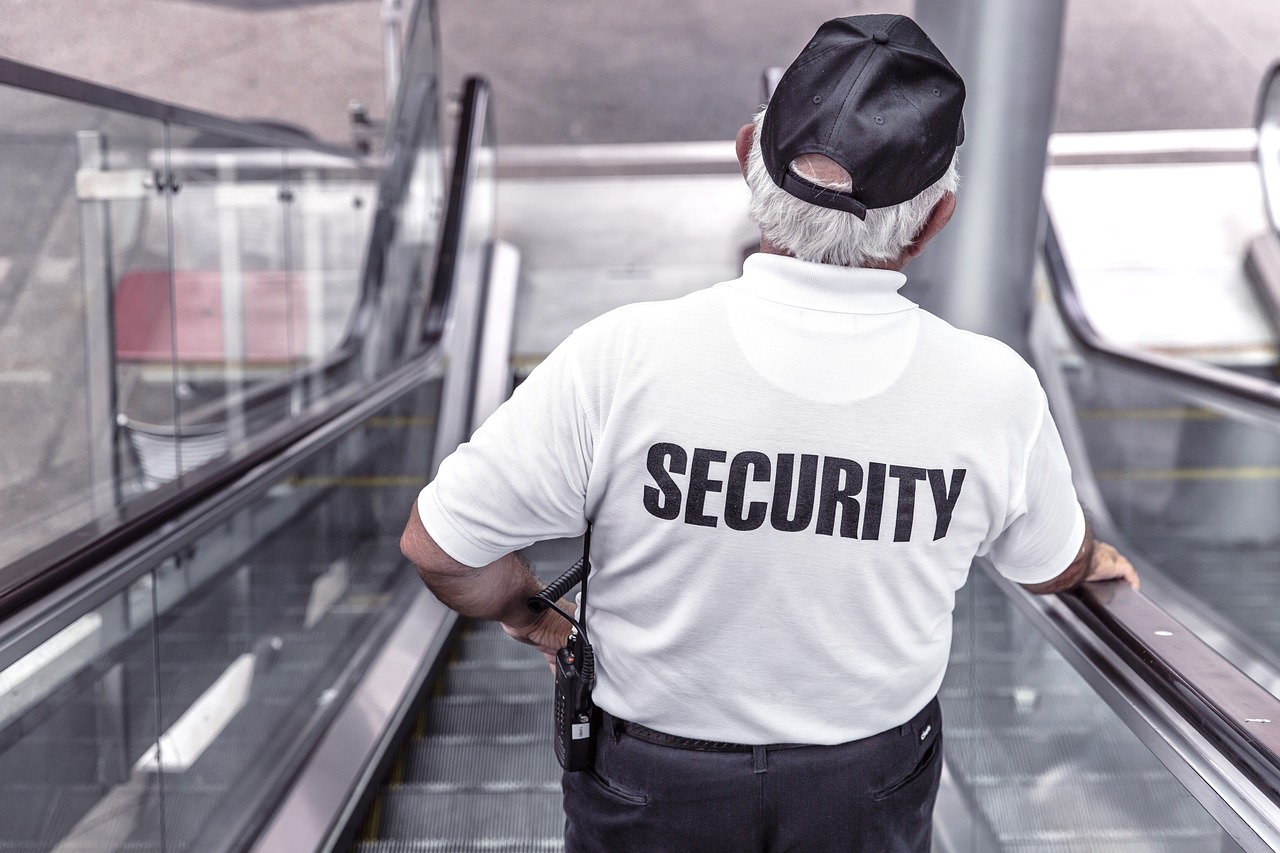 Image by Ryan McGuire from Pixabay
Image by Ryan McGuire from Pixabay
11. Embrace Local Cuisine
European countries take great pride in their culinary traditions. Europe has so much to offer when it comes to food, you really cannot go wrong no matter where you go. Venture beyond familiar dishes and dive into local specialties. Markets are a great place to discover regional foods, and often, the most authentic meals are found in small, family-run establishments. Plus, it’s a delightful way to understand the culture and history of a place.
 Image by zuzana gazdikova from Pixabay
Image by zuzana gazdikova from Pixabay
12. Plan for Various Weather
European weather can be unpredictable.
Depending on the region and season, you might experience sudden rain showers or temperature drops. Always pack a lightweight rain jacket, comfortable walking shoes for all conditions, and versatile clothing options. Checking weather forecasts during your travels can also help you plan your days better.
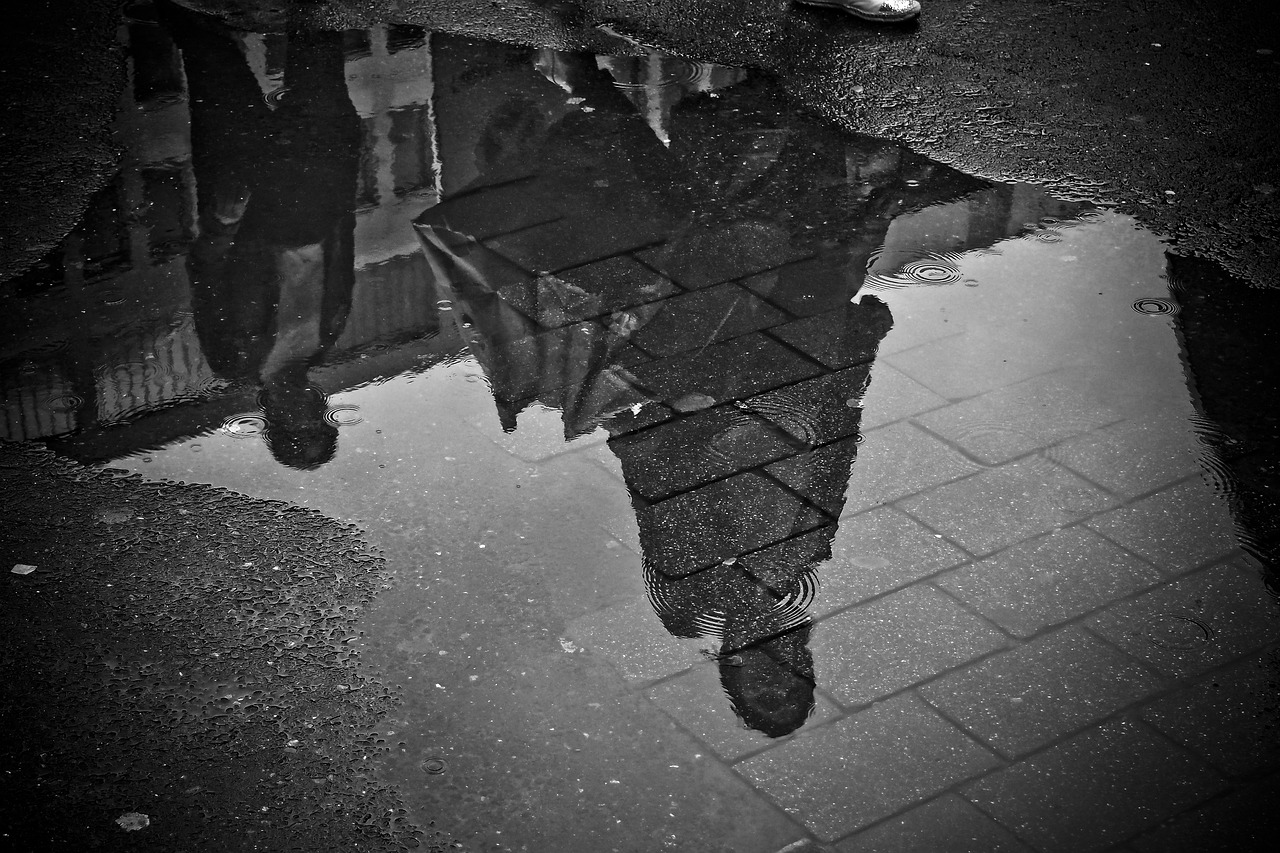 Image by Hands off my tags! Michael Gaida from Pixabay
Image by Hands off my tags! Michael Gaida from Pixabay
13. Use City Tourist Cards
Many European cities offer tourist cards that provide unlimited or discounted access to public transportation and major attractions. These cards can save you money, especially if you’re planning to visit multiple sites. Plus, they often allow you to skip long ticket lines, maximizing your sightseeing time.
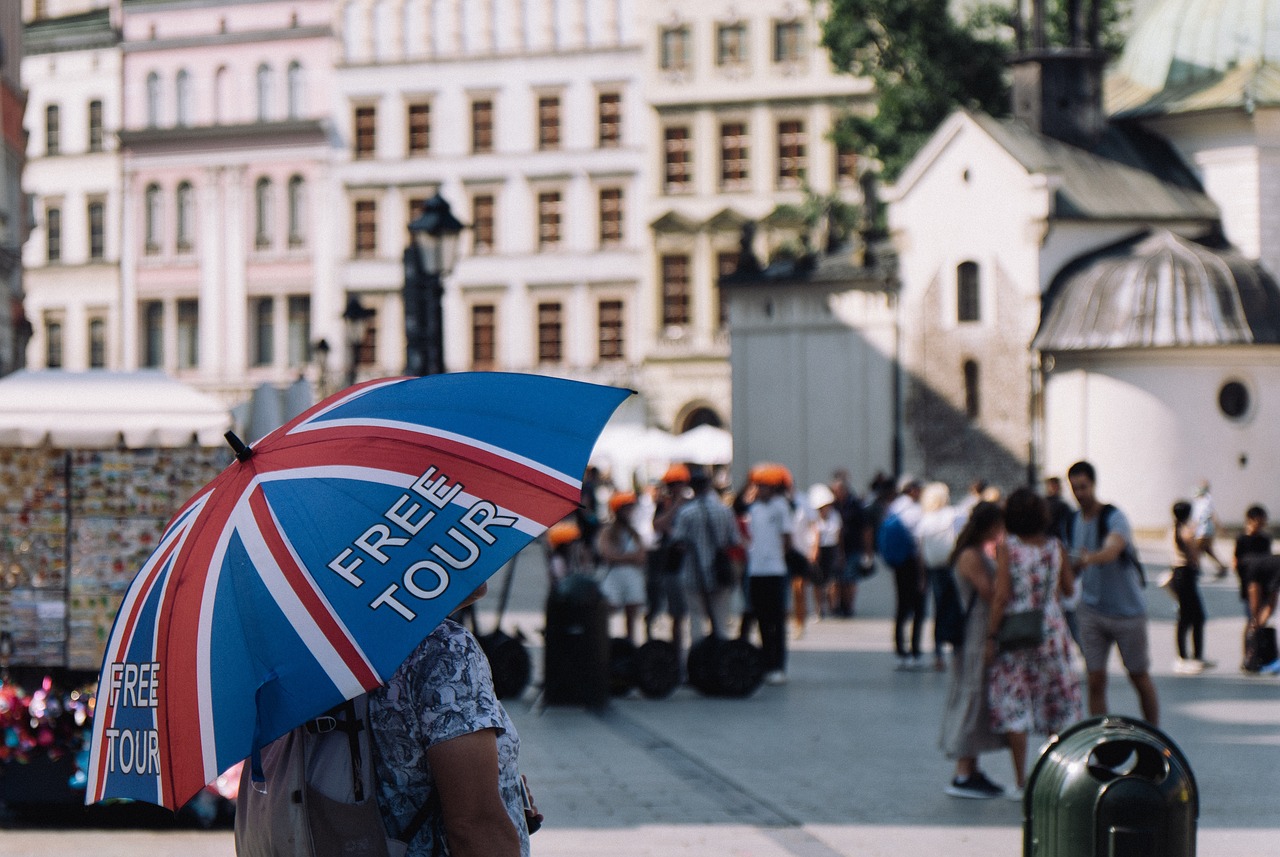 Image by Evgeny Ignatik from Pixabay
Image by Evgeny Ignatik from Pixabay
14. Engage in Local Festivals and Events
Europe is home to numerous festivals and events that celebrate its rich history and diverse cultures. Check local event calendars for happenings during your visit. Participating or simply observing these festivals can offer unique insights into the local way of life.
15. Stay in Different Accommodations
Europe offers a plethora of accommodation options. Apart from hotels, consider staying in bed and breakfasts, hostels, or vacation rentals. These often provide more local experiences and can be friendlier on the wallet. Plus, some might even offer cooking facilities, helping you save on meals.
 Image by Rodrigo Salomón Cañas from Pixabay
Image by Rodrigo Salomón Cañas from Pixabay
16. Travel Off-Peak
Consider traveling during shoulder seasons (spring and early fall).
Not only will you avoid the summer tourist rush, but accommodation and attraction prices tend to be lower. Moreover, the weather is often still pleasant, and popular sites less crowded.
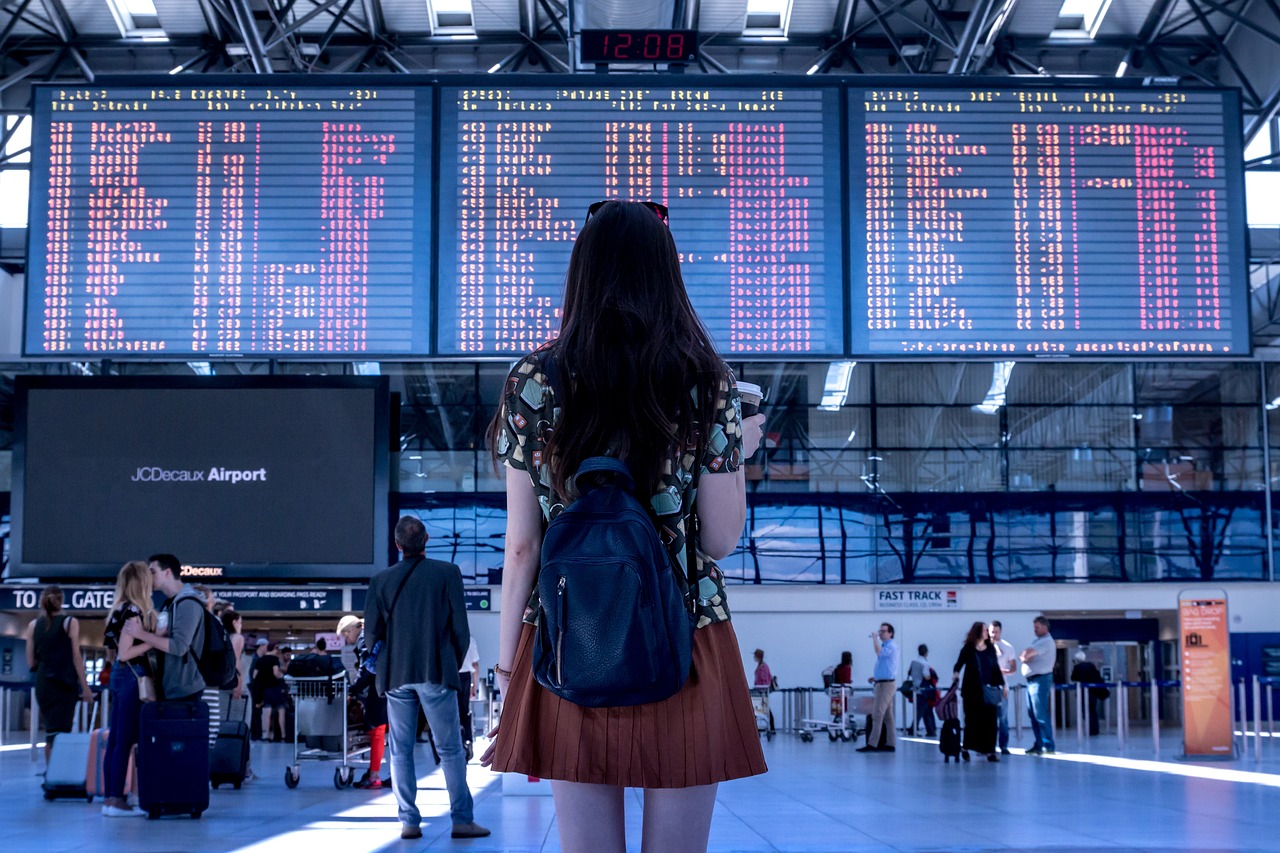
17. Familiarize Yourself with Public Transport
Public transportation systems in European cities are efficient and extensive. Before hopping on, understand the basics: how tickets work, peak travel times, and any etiquette (such as giving up seats for the elderly). Familiarizing yourself can save you time and help avoid potential fines.
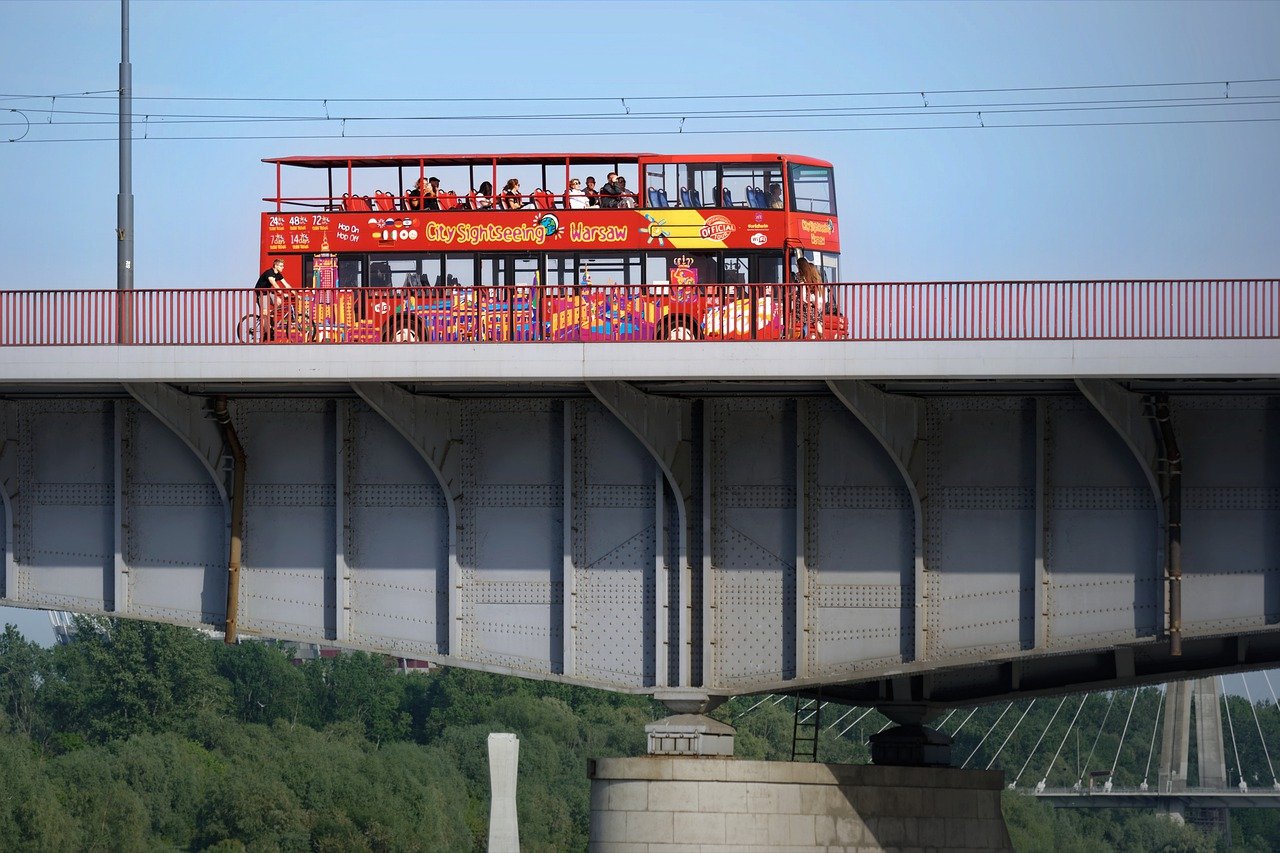 Image by Mircea - All in collections from Pixabay
Image by Mircea - All in collections from Pixabay
18. Use Technology Wisely
Numerous apps can enhance your European travel experience. Translation apps, currency converters, and local guide apps can prove invaluable. Additionally, navigation apps can help you find your way through winding streets, ensuring you make the most of your trip.
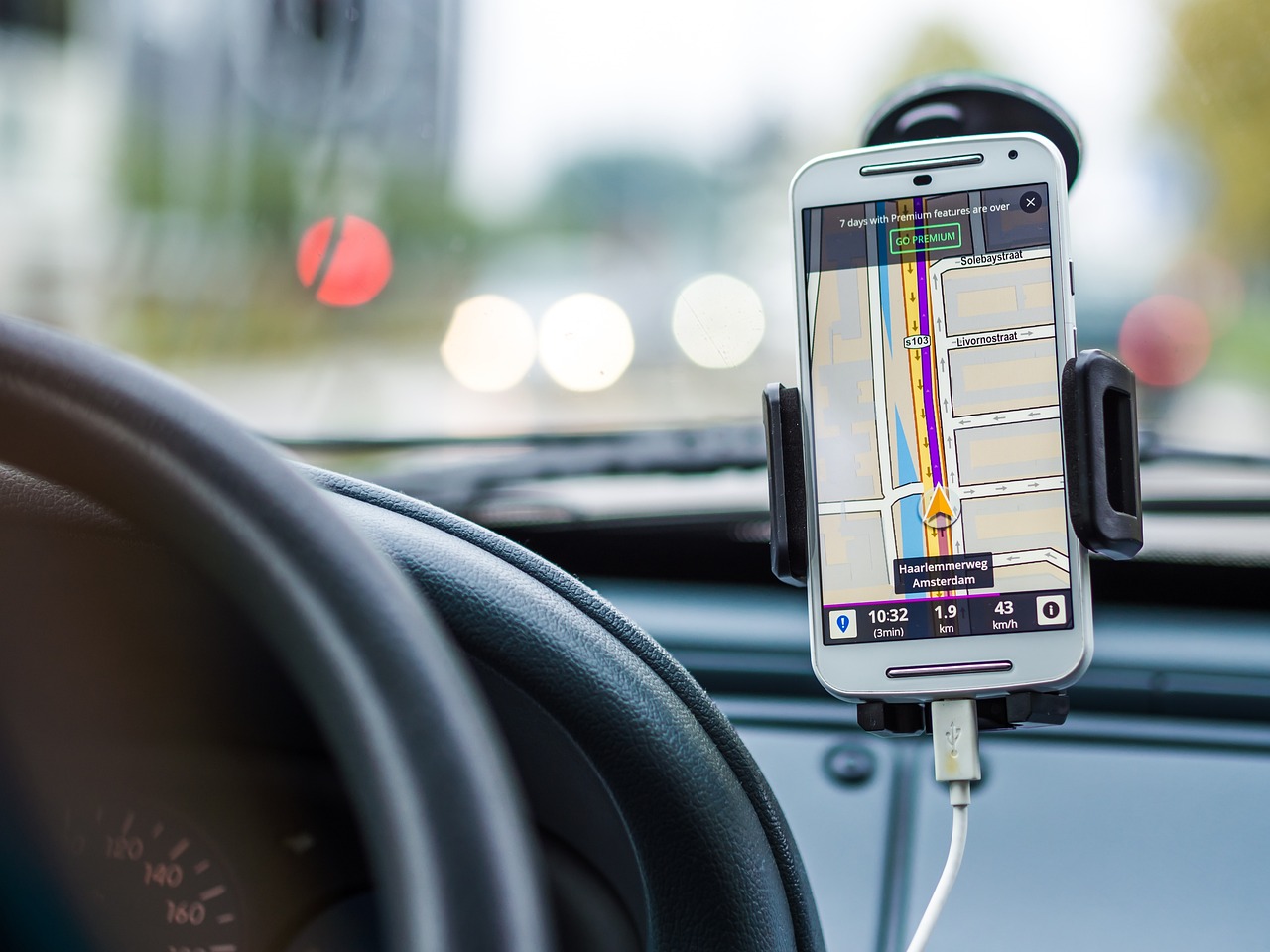 Image by Dariusz Sankowski from Pixabay
Image by Dariusz Sankowski from Pixabay
19. Be Eco-Conscious
Europeans are often environmentally conscious. Engage in sustainable travel by carrying reusable water bottles, avoiding single-use plastics, and using public transportation or walking. Also, support local artisans and producers over mass-produced souvenirs.
 Image by Jess Foami from Pixabay
Image by Jess Foami from Pixabay
20. Take Time to Relax
With so much to see and do, it can be tempting to over-schedule. However, some of the best European experiences come from simply soaking in the atmosphere. Schedule some downtime: enjoy a long café lunch, relax in local parks, or take leisurely strolls through neighbourhoods.
Europe, with its tapestry of cultures, landscapes, and histories, promises a journey of discovery and wonder. While the vastness of options can seem overwhelming, strategic planning and immersion into the local way of life can transform your trip into an enriching experience.
Whether you're marvelling at architectural wonders, indulging in culinary delights, or simply wandering through cobblestone streets, the essence of Europe lies in its details. By embracing the tips provided, travellers can navigate this magnificent continent with ease, ensuring memories that will last a lifetime. After all, Europe is not just a destination but a mosaic of unforgettable moments waiting to be experienced. Safe and happy travels!










